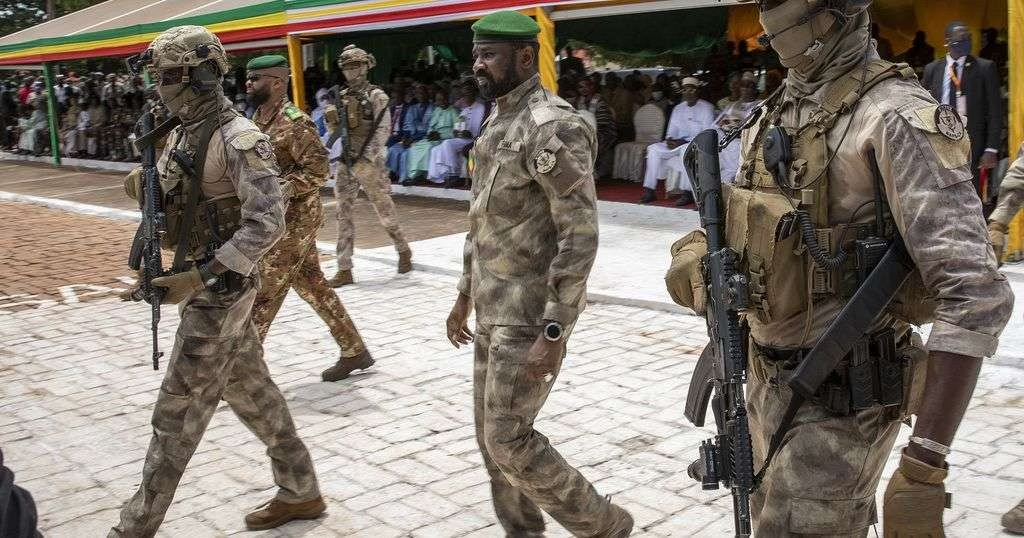Mali’s military government has taken a drastic step by suspending all political activities across the country indefinitely. The decree, signed by transitional president General Assimi Goita, cites “reasons of public order” as the motivation behind this move, which applies to both parties and organizations. This suspension comes on the heels of a rare pro-democracy rally and ahead of a planned protest against the junta, which has been in power since the coups in 2020 and 2021.
The move is seen as a response to the growing dissent among the population. Hundreds of activists bravely defied government threats and took to the streets of the capital, Bamako, last weekend to protest against a bill that recommends the dissolution of all political parties. Cheick Oumar Doumbia, one of the leaders of the movement, expressed his unwavering commitment to democracy, saying, “I’m not surprised, I expected this because this is their way of preventing us from carrying out our activities, but we will continue to defend democracy in Mali.”
The call for a return to constitutional order has been echoing through the voices of civil society figures, political parties, and labour leaders, who are demanding “a rapid and credible return to constitutional order through the organisation of transparent, inclusive, and peaceful elections.” This demand is not new, as the junta had originally committed to holding elections in February 2022, only to push back the timeline multiple times.
This is not the first instance of the military government suspending political activities on the eve of crucial decisions. A similar suspension was announced in April 2024, ahead of an “inter-Malian dialogue” that proposed extending the transition period from two to five years. The formation of the Alliance of Sahel States, a partnership between Mali, Burkina Faso, and Niger, has also been seen as an attempt to legitimize their military governments amidst coup-related sanctions and strained relations with neighboring countries.
The three countries have severed ties with their former colonial power, France, and are instead forging partnerships with Russia. Meanwhile, Mali continues to grapple with the growing threat of armed groups linked to al-Qaeda and the Islamic State organization, which has plagued the country for over a decade. As the situation unfolds, the international community watches with bated breath, hoping for a peaceful and democratic resolution to the crisis in Mali.
